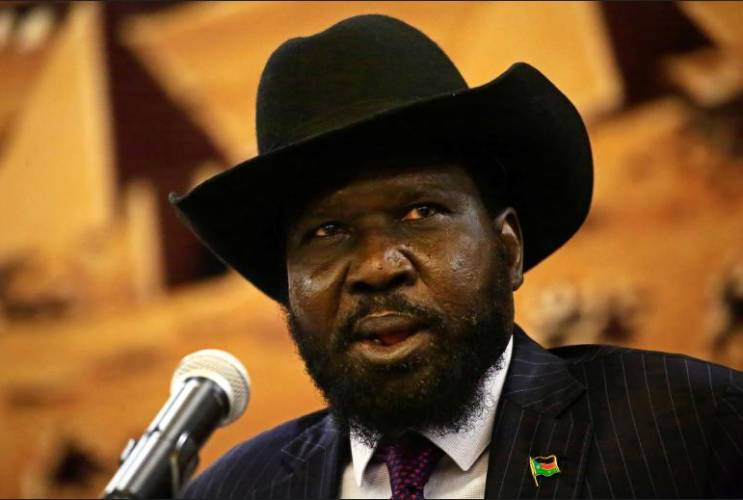×
The Standard e-Paper
Stay Informed, Even Offline

South Sudan President Salva Kiir. [Standard, file]
A US court has affirmed South Sudan's sovereignty in a landmark ruling that is set to redefine how the two countries interact.